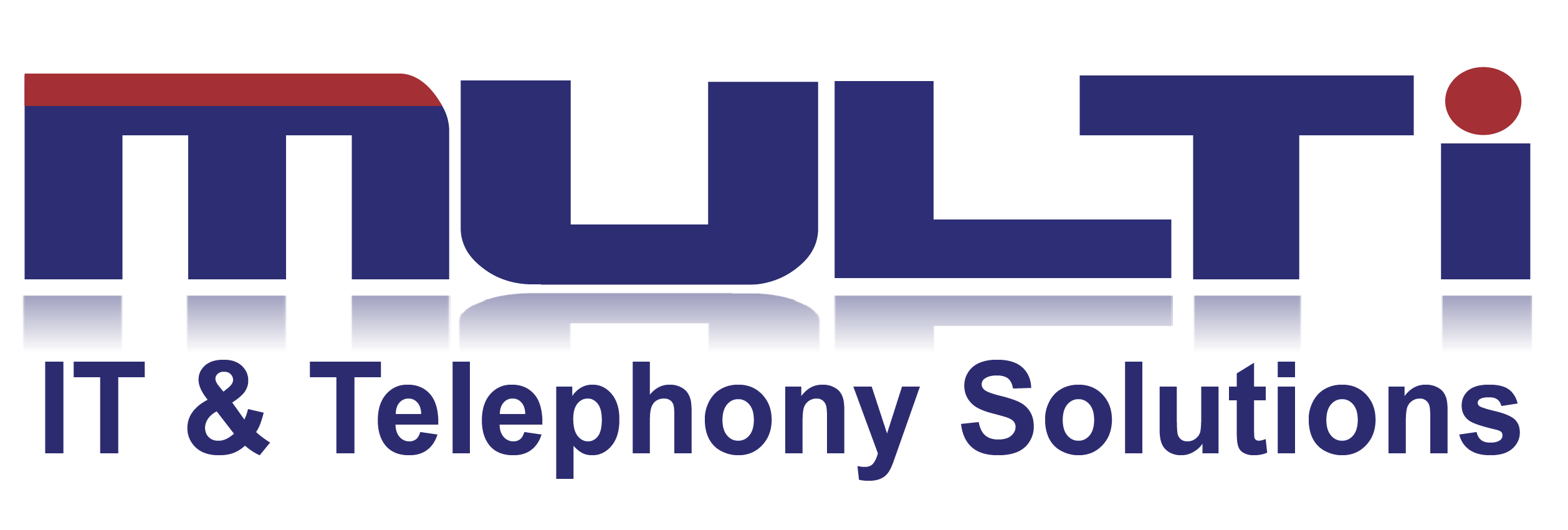A hunch may have a place in sports, detective work, or fortune telling, but for businesses, relying on gut-instinct can lead to disastrous outcomes. That’s why enterprise resource planning (ERP), customer relationship management (CRM), and business intelligence (BI) applications are gaining ground as organisations strive to make more data-driven management decisions. Having sound infrastructure pays off almost instantly and in the long run and here is why.
It’s also best to leave hunches and guesswork out of any IT implementations. Deploying ERP, CRM, and BI solutions is a bit more nuanced than purchasing a product, plugging it in, and watching all your data magically fall into place. In fact, before you even begin shopping for a solution, you need to consider whether your current infrastructure can support any of these systems.
Hardware requirements
Regardless of where your applications are hosted, having a solid hardware foundation on which to run the software is imperative.
Take for instance Microsoft Dynamics CRM. Even though it’s delivered in the cloud, considerable computing power is still required to use the system. At the very least, endpoints must have a 1.5 GHz dual core processor, 2GB of RAM, and a 1024×768 screen resolution. Even if your current infrastructure meets the bare minimum to maintain this web application, running it alongside ERP and BI systems may be problematic.
For all these systems to work in unison, your organisation will need to have more than 4GB of RAM and higher processing power. Stick with ill-fitting hardware and you limit your business to slow data collection, ineffective workflows, and system crashes. But with a well-designed physical infrastructure, you get the opposite: reduced future infrastructure management costs, and maximum benefits from ERP, CRM and BI.
Of course, robust hardware is only as good as the power that supports it. Here, it’s also just as significant — if not more so — to conduct thorough power assessments and install uninterruptible power sources to minimise unplanned outages.
Network infrastructure
Cloud-hosted ERP, CRM, and BI can be taxing on a company’s Internet connection. And, in a world where split-second business decisions can make or break a business, organisations can’t afford to be slowed down by poor performance networks. Assess your company’s bandwidth usage and ask yourself: Is my network capacity suitable for multiple cloud-based applications?
If the answer is no — and it probably is if you’re planning on running cloud-based ERP, CRM, and BI simultaneously — you will need to increase your network’s Internet bandwidth and restrict access to bandwidth-hungry websites. As a general rule, giving 100 kbps per user is sufficient for cloud-based services. Doing so will dislodge network bottlenecks and increase upload and download speeds, which is incredibly important for tracking up-to-the-minute financial data in ERP systems.
Security
Another vital component you need to consider before deploying cloud-based applications is your system’s security. Starting with a strong network security infrastructure puts you in good stead to deploy cloud-based applications without the risk of dormant malware or spyware ruining your ERP, CRM, and BI experience. By combining antivirus software, firewalls, web filtering, and the latest security patches, you can keep sensitive customer data from being compromised beginning on day one, saving you from costly lawsuits and reputational damage down the line.
Even if an application is hosted in the cloud, you can’t sidestep infrastructure considerations. Purchasing a solution without considering the integration path can cost your business thousands in operational bottlenecks, upgrade costs, re-implementation costs, and time. So why don’t you do yourself a favour and minimise these problems with a thorough infrastructure plan? We promise it’ll pay off.
Working as your safety net, the team at Multi IT & Telephony Solutions can assess your current infrastructure and advise how to best meet the technical requirements. Whether it’s hardware, software or anything else in between, contact us today to make sure all your technology implementations go off without a hitch.

